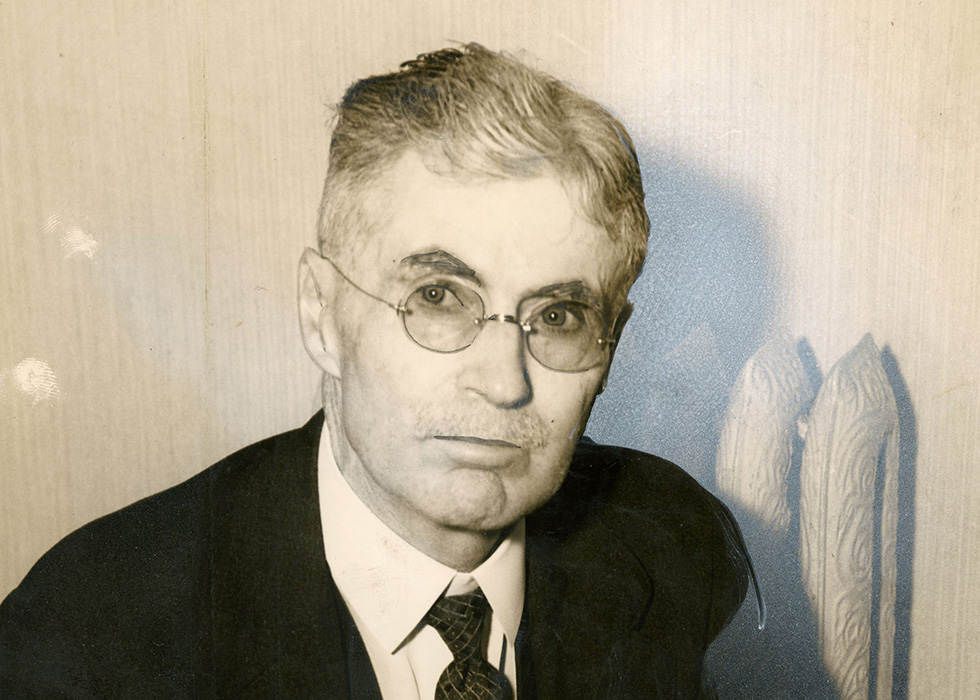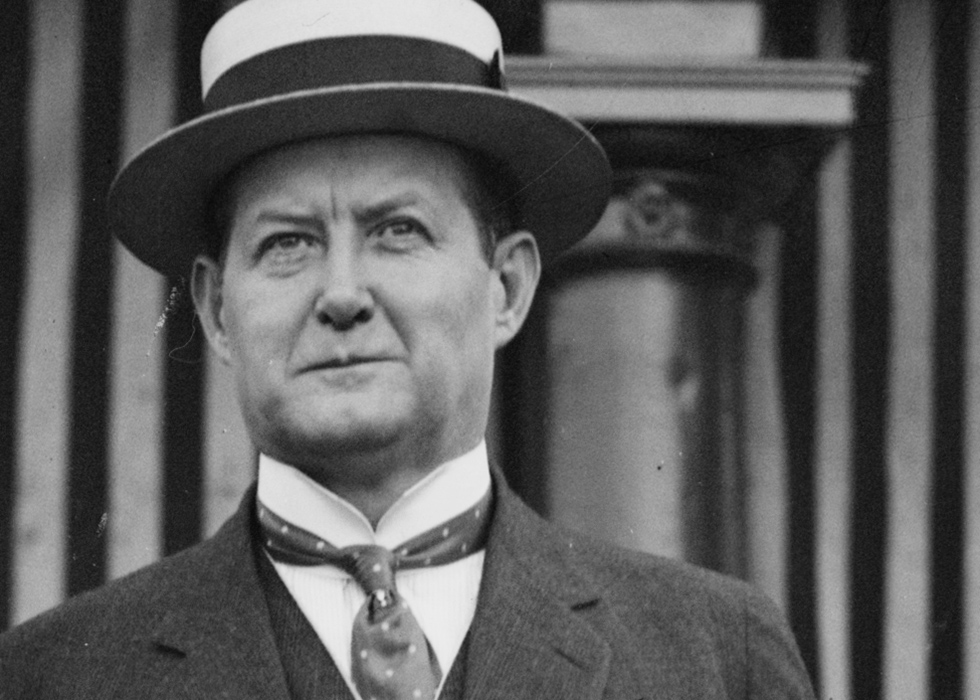
Oakland Remembers World War I: Lt. Waldo May Slaton
 Born September 23, 1893, Waldo May Slaton grew up in a family of notable men. His maternal grandfather, James Jackson (1819-1887), was elected to represent Georgia’s 6th district in the U.S. House of Representatives. He served from 1857 until 1861, when Georgia’s secession caused him to resign from Congress. Jackson later served as a chief justice of the Georgia Supreme Court. Slaton’s father, William Martin Slaton (1854-1940), was an Atlanta educator and school administrator. He was elected Superintendent of Atlanta Public Schools in 1907, a position that he held until 1916. John Marshall Slaton (1866-1955), Waldo’s uncle and William’s brother, served as the governor of Georgia from 1911 to 1912 and 1913 to 1915. Days before he left office in June 1915, Governor Slaton notably commuted the death sentence of convicted murderer Leo Frank, giving him life imprisonment instead. Governor Slaton expressed doubt in Frank’s case, which had been highly publicized and criticized for the degree of anti-Semitism involved in the conviction. Angry at the interference, a mob threatened Governor Slaton and his wife, who then fled the state.
Born September 23, 1893, Waldo May Slaton grew up in a family of notable men. His maternal grandfather, James Jackson (1819-1887), was elected to represent Georgia’s 6th district in the U.S. House of Representatives. He served from 1857 until 1861, when Georgia’s secession caused him to resign from Congress. Jackson later served as a chief justice of the Georgia Supreme Court. Slaton’s father, William Martin Slaton (1854-1940), was an Atlanta educator and school administrator. He was elected Superintendent of Atlanta Public Schools in 1907, a position that he held until 1916. John Marshall Slaton (1866-1955), Waldo’s uncle and William’s brother, served as the governor of Georgia from 1911 to 1912 and 1913 to 1915. Days before he left office in June 1915, Governor Slaton notably commuted the death sentence of convicted murderer Leo Frank, giving him life imprisonment instead. Governor Slaton expressed doubt in Frank’s case, which had been highly publicized and criticized for the degree of anti-Semitism involved in the conviction. Angry at the interference, a mob threatened Governor Slaton and his wife, who then fled the state.
Waldo May Slaton grew up in Atlanta and attended the Boys’ High School in the city. He studied mechanical engineering at the Georgia School of Technology (renamed Georgia Institute of Technology in 1948) and was a top member of his class. After graduating in 1914, Slaton accepted a job with the United States Steel Corporation and moved to Pittsburgh. He registered for the draft while in Pittsburgh. His draft registration card lists his employer as Carnegie Steele Company, his eye color as gray, and notes that Slaton applied for the Officers Reserve Corps. In early 1917, Slaton accepted a new job with the Tennessee Coal and Iron Railroad Company and moved to Birmingham, Alabama.
After war was declared in April 1917, Slaton volunteered for service. He was commissioned as a lieutenant on November 2, 1917 and assigned to the U.S. Army Engineers Corps. His work focused on the manufacture of steel products and munitions. While Slaton remained in the U.S., two of his brothers served overseas in France. John M. Slaton was a lieutenant in the heavy artillery and Captain William F. Slaton, Jr. served in the 23rd infantry, second division. Waldo Slaton was later reassigned and moved to Chicago.

Slaton’s story ended not on the battlefield, but in a hospital thousands of miles away from the Western front. While in Chicago, he contracted influenza, then known as the “Spanish Flu” or “La Grippe.” Unlike other influenza strains that struck down the elderly and young children, this virus was the deadliest for adults ages 20 to 40. The influenza pandemic of 1918 infected an estimated 500 million people worldwide and killed an estimated 20-50 million people. Slaton died in Chicago’s Lakeside Hospital on November 22, 1918, just eleven days after an armistice with Germany ended the war. Waldo May Slaton was laid to rest with military honors in Oakland’s Bell Tower Ridge in late November 1918.



